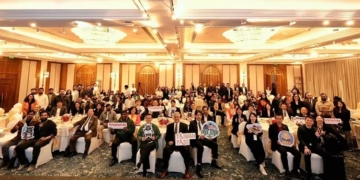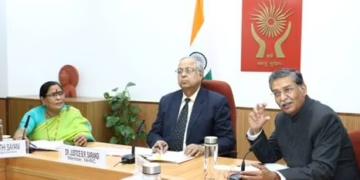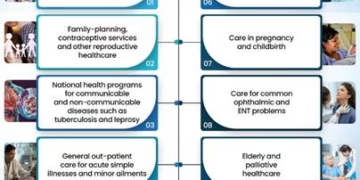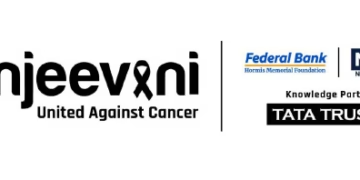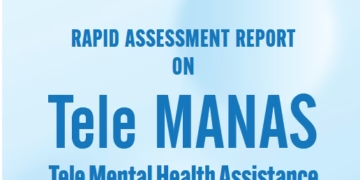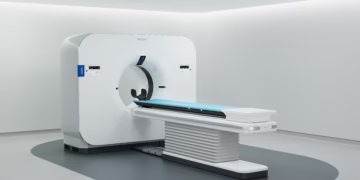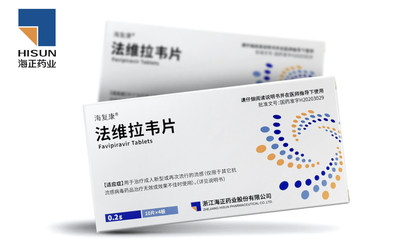TAIZHOU, China, June 30, 2020 /PRNewswire/ — COVID-19 has become a global pandemic. China’s successful control of the pandemic has set a good example for other countries. Many have followed China to take effective measures like enforcing lockdowns and wearing masks have all been proved to be effective. As part of China’s constantly validated treatment approaches, Favipiravir is also the epitome of its response to the virus.
Favipiravir is a broad-spectrum antiviral agent that inhibits the RNA-dependent RNA polymerase of RNA viruses. It has efficacy against a range of RNA viruses, including Ebola, influenza and COVID-19. No evident adverse reactions have been found since it came into the market. Unlike traditional antiviral drugs, Favipiravir can directly prevent the virus from replicating itself in cells, with a mechanism of action similar to Remdesivir.
Originally developed by Toyama Chemical Co., Ltd., Favipiravir was approved as strategic stockpile in Japan. In 2016, the patent of Favipiravir was exclusively franchised to Zhejiang Hisun Pharmaceutical Co., Ltd. (HISUN), which cooperated with CMAM to develop and launch Favipiravir tablets to the Chinese market in February 2020. Data from clinical tests of Favipiravir published by the Ministry of Science and Technology at a COVID-19 themed press conference on March 17th indicates Favipiravir has shown good clinical efficacy against the disease. It was included into the Major Anti-pandemic Materials by China’s State Council, and the Chinese government has unified the allocation of Favipiravir supplies. The medication has also been used to support over 30 countries and achieved good results. All Favipiravir tablets in China are manufactured by HISUN, who recently was honored as the “Ordnance Factory” responding to the COVID-19 crisis.
Clinical data from the ongoing global multicenter trials shows Favipiravir can clear the virus fast and alleviate the pneumonia symptom of COVID-19 patients with high tolerance and few adverse reactions.
The No.3 People’s Hospital of Shenzhen’s Favipiravir versus Kaletra trial findings showed: regarding recovery from fever in 2 days, 72.41% in the Favipiravir group versus 26.30% in the Kaletra group; regarding time for patients turning negative in viral nucleic acid tests, 4 days versus 11 days; regarding improvement rate in chest imaging, 91.43% versus 62.22%; regarding adverse reaction rate, 11.43% versus 55.56%.
Zhongnan Hospital of Wuhan University’s clinical test using Arbidol as control group found ordinary Favipiravir-treated patients had a higher clinical recovery rate at the end of the treatment (71.43%), comparing with 55.86% in the control group. The auxiliary oxygen therapy or noninvasive mechanical ventilation rate was 8.16% in the Favipiravir group and 17.12% in the Arbidol group. Coughing symptoms improved within 4.57 days, 1.41 days shorter than Arbidol-treated patients.





